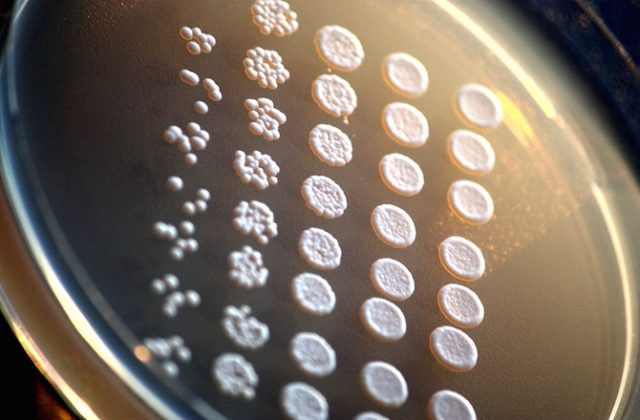MI weekly selection #130
MI weekly selection #130

Researchers swap yeast genes for human ones, create new strains
Scientists switched out genetic material in yeast and replaced it with human versions to see if the yeast would survive and grow — and it did, leading to hundreds of new strains. Researchers hope the efforts will lead to new methods of studying genetic diseases brought about by mutations.
A database of ocean’s plankton population
An immense number of tiny organisms make up the ocean’s population of plankton, and now there’s a vast database cataloging them, including many new species that hadn’t previously been seen by scientists. The data were collected by a multinational team of scientists who sailed around the world between 2009 and 2013.
Dogs split off from wolves earlier than once thought
Dogs have been around much longer than previously thought, a study published in Current Biology suggests. Scientists examined the DNA of an ancient wolf bone and the findings suggest that dogs split off from wolves between 27,000 and 40,000 years ago, earlier than the 11,000 to 16,000 years ago that was previously thought.
A gene that can switch mosquitoes from female to male
Researchers have found a gene that can turn female mosquito embryos into males, which could potentially thwart the spread of diseases carried by the females. Scientists examined strands of DNA from the Aedes aegypti, or yellow fever mosquito, to find a gene active early on in male embryos. They found one they named Nix, which they injected into female embryos, and about half of them went on to develop male genitals.
How brain processes language, speech timing
Researchers studying how the human brain processes spoken language say they have identified an area that is sensitive to time structures in speech. Data from functional magnetic resonance imaging revealed more activity in the superior temporal sulcus region when participants heard longer speech segments.